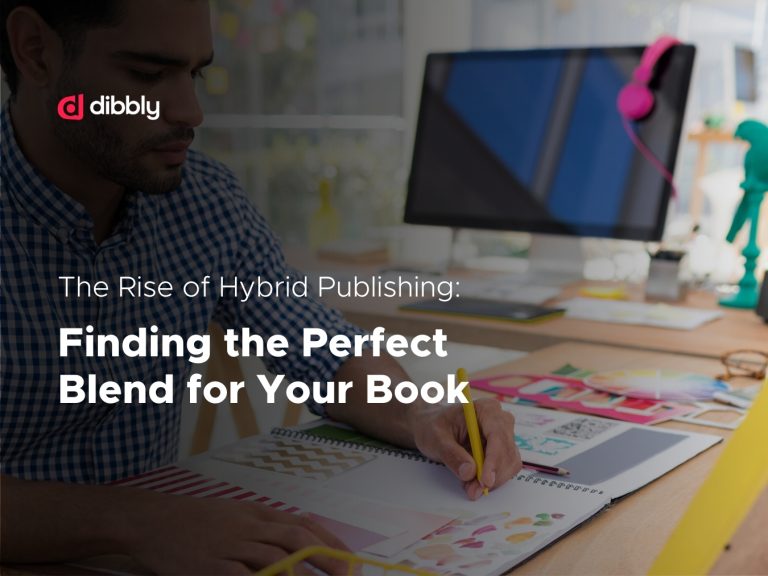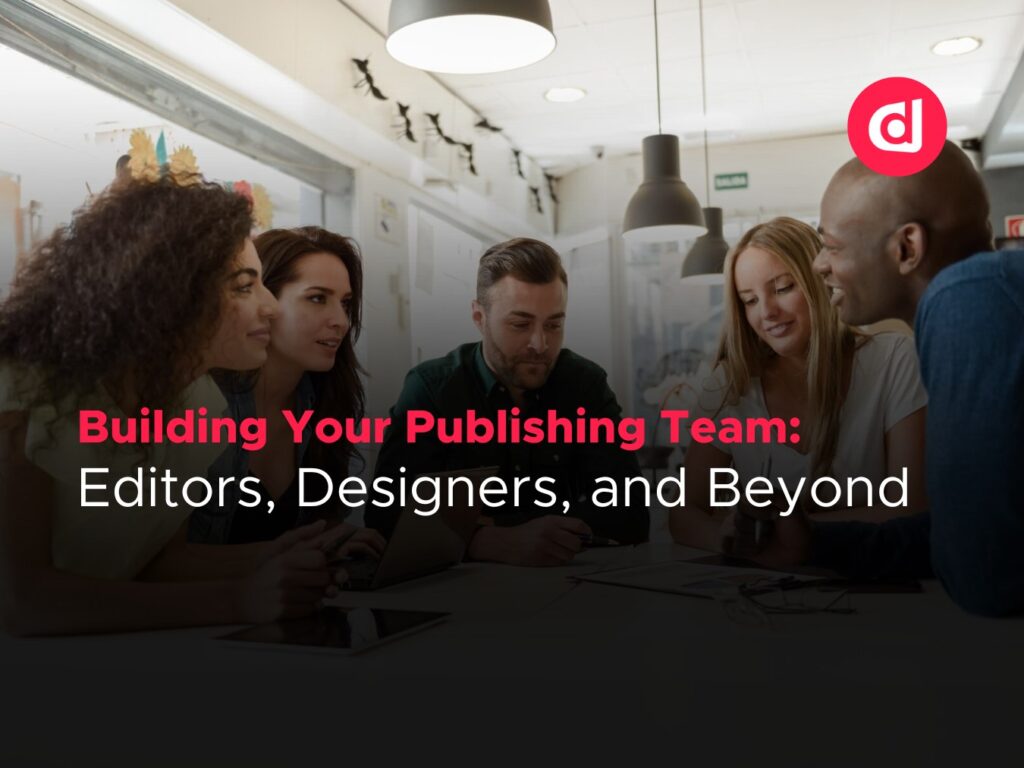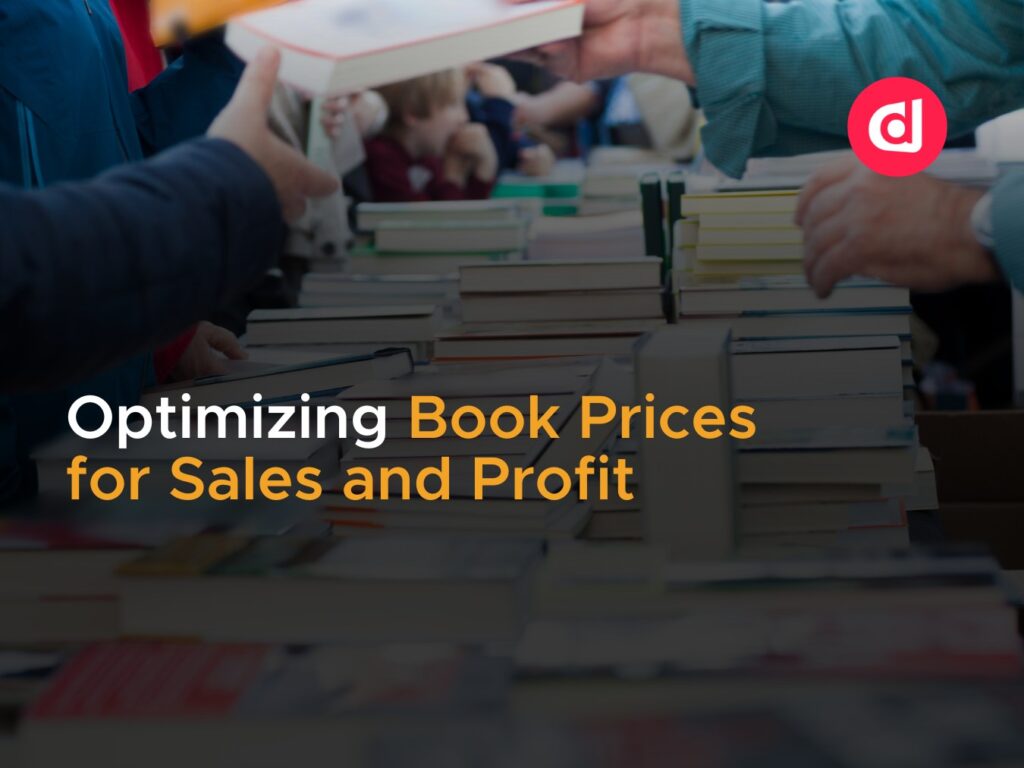Diversifying book sales platforms is a savvy way of doing business. Let’s look at some alternative platforms for authors for direct book sales beyond Amazon.
Why You Should Be Diversifying Book Sales Platforms
Amazon is a big-time platform that lots of people use. So why are we talking about alternative platforms for authors?
Simply put, it makes sense for authors to diversify their book sales platforms. Overrelying on one platform gives that outlet a lot of power and means you are at risk of losing business if they make any significant changes to their business model.
AIn addition to this, looking into direct sales beyond Amazon helps you maximize your reach. Not all your readers (or potential readers) use Amazon, so you could be missing out. It makes financial sense for you to spread your business around more platforms so you can reach more people.
Finally, in difficult economic times, it’s important to keep smaller businesses in mind. It’s been recommended by the Independent Book Publishers Association that authors diversify their online sales channels, especially after the pandemic. Local businesses supply jobs and services to communities like your own.
Ultimately, not being overly dependent on one single outlet is good for you as an author and for your readers.

10 Options for Direct Book Sales Beyond Amazon
Here are 10 established choices for diversifying book sales platforms.
- Blurb: You can use Blurb to distribute eBooks or print books, and they reach a wide range of outlets. The printing is costly but really high quality. You keep 100% of the royalties, but there are fees involved.
- Google Play: You’ve heard of Google; in fact, you probably used it to find your way here. Google Play has set royalties and a good search engine system for finding books, but the user interface uses something to be desired.
- Apple Books: Another online giant in the book game. With Apple Books, you’ll get really good royalties, but it can be a hassle to set things up. It’s a bit clunky to use, too, which is a mark against it, but being a big name means lots of people will likely use it.
- Ingram Spark: The print book quality is really good, and they will distribute print books to a wide range of locations. However, it is costly to upload your work, and there have been complaints about their customer service. Unfortunately, you need your own ISBN too.
- Kobo Writing Life: More popular in New Zealand and Canada, Kobo has an excellent user interface. You also get Kobo Plus, which is like Kindle Unlimited, but you don’t need to sign an exclusivity deal.
- Barnes & Noble Press: If you’re looking for a platform to distribute print books in the USA, this is a good choice, as the quality is really good. Unfortunately, it won’t allow you to distribute print books outside of the US, and its eBook reach is limited. The user interface is simple to use.
- Draft 2 Digital: With great customer service and a really good interior formatting tool (which is free), this is a choice you may not have heard of. They have integration with Findaway Voices, which is owned by Spotify, making them an ideal choice for audiobooks. Payments vary depending on many different things.
- Lulu: They’ve been around for a while and have a wide distribution range. Lulu offers excellent print quality and has options for making magazines and comics, as well as options for different kinds of binding. The print quality is really good, but it takes a while and is expensive.
- BookBaby: You can create and publish your books and distribute them widely with BookBaby, which has a wide distribution network.
- Publish Drive: This one uses a monthly subscription model but offers everything you need with wide distribution.
It’s best to do thorough research before signing up for any platform, but you should find one of those listed above suitable.

A Homemade Alternative Platform for Authors
While you will need an established outlet for your books, one option for direct book sales beyond Amazon is to sell directly from your own website! Having your own author website means you have a hub for your work, an author brand, and your own platform to work from.
Really, what you need is a website that is optimized for search engines. It’s worth looking into SEO so you can ensure you get eyes on your page. It takes some work to set up, but by creating your own website, you can take ownership of your customer base and appeal to them directly while making more money.
When you’re setting up your website, it’s worth getting some professional help or looking at some simple tutorials before you get started. You will have to sort out payment methods and delivery (consider sustainable delivery), so there’s a bit of work to do.

Considerations for Diversifying Book Sales Platforms
When you’re looking around for alternative platforms for authors, there are four things you should ask:
- What can you afford? And how often can you afford to pay? Personal finances can be an issue when starting out as an author, so put some money aside to start up on platforms.
- Is the platform offering industry-standard publishing? That’s the bare minimum you should expect.
- Who is your target audience, and where will they buy from? It’s best to choose the outlet that your readers actually use so they can find you.
- What formats are offered? It’s worth looking into multi-format releases rather than just one format.
When you do sign up for a platform, make sure you regularly check the data analytics to see how successful your books are on that platform so you can reassess whether to use it or not.
You’ve worked hard on your book, so it’s worth working hard to distribute it so it can be a success. The right platform for you is out there; it may just take a bit of digging.
Final Words
It makes sense to spread your business out and diversify your book sales platforms, and with plenty of options for direct book sales beyond Amazon, you have a whole world of alternative platforms for authors.















